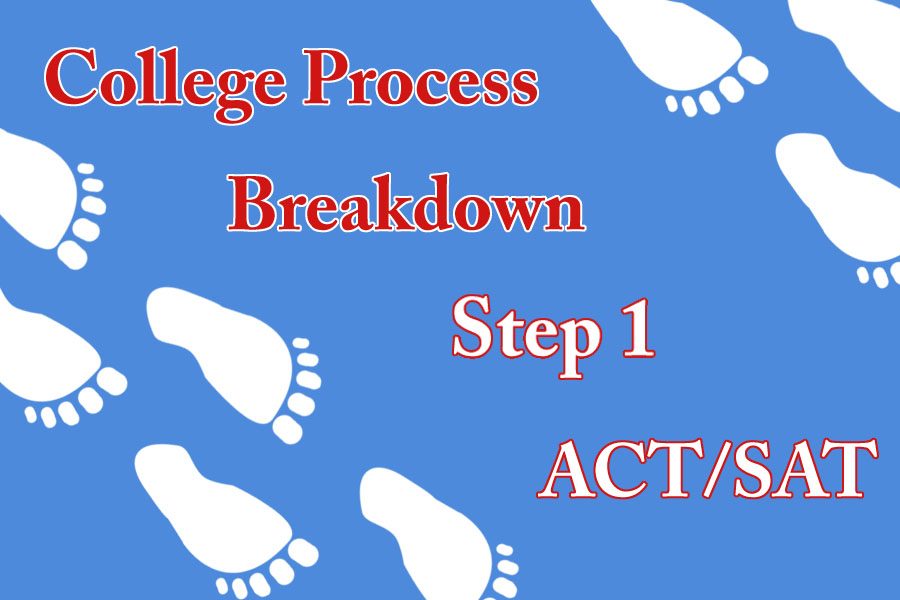College process breakdown: SAT/ACT

Applying to college can be a daunting task, but there are many ways to make it easier. With help from current high school seniors, and tips from college admissions and guidance counselors, the process of applying to college can be a lot easier.
Understanding and the role your SAT/ACT scores play:
SAT’s and ACT’s can be a scary thing to think about.
Before psyching yourself out over the subject, take a deep breath, find a cozy place to sit, and grab a comforting snack.
Now that that step is over, take a moment to understand that SAT’s and ACT’s are not all that colleges look at when determining your acceptance into the school.
First of all, most colleges are becoming test optional schools. What does that mean? It means that those schools do not require your test scores.
While many are taking the plunge to become test optional, there are still a large number of colleges that do still require your test scores. However, test scores are not the decision maker for admission into a college.
According to John Larsen, an admissions counselor at the University of New Hampshire, the national average of students who retake the test are just as likely to have lower scores as higher ones, therefore, a students should not take the test more than two or three times.
“At UNH the test scores are the least important in our review,” Larsen said. “We certainly use the scores and they should be taken seriously. However, the best indicator of success in college is four years of success in high school.”
Also, take advantage of super-scoring.
If you take the SAT multiple times this will allow you to take your highest grades from the math or english section of the first SAT, and add them to your highest grade from the other SAT taken, to form your highest score. Be careful though, some colleges may not allow super-scoring. Be sure to contact the colleges you are interested in and get an idea of what score they will consider.
